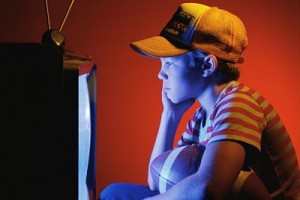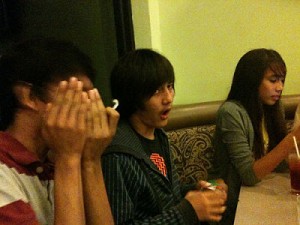A common misconception is that teens need us to drop the reins. But neurodevelopmentally, they are as tender as infants, so teens need us still, very much. One of the most important books I’ve encountered about parenting during early adolescence is poignantly and aptly titled Our Last Best Shot. Author Laura Sessions Stepp spent two years finding out what teens need for future psychosocial wellbeing and success. She admits in the book that she “wanted to minimize the significance of parents and emphasize the importance of other adults.”
While she discovered the important role other adults do indeed play in the healthiest outcomes for adolescents, Stepp’s conclusion was clear about what teens need: (more…)
 So many questions in the wake of
So many questions in the wake of  Few words strike such terror in the hearts of parents as “teenager.” On my final night in London last week I gave a talk at the London College of Spirituality entitled “Nurturing Evolution: Raising Ourselves and Our Children as Peacemakers.” Since many of the attendees were young people yet to begin families, I harnessed the fact that they were not so long ago teenagers: I invited them to connect with their “inner adolescents” and together we rode on that wave
Few words strike such terror in the hearts of parents as “teenager.” On my final night in London last week I gave a talk at the London College of Spirituality entitled “Nurturing Evolution: Raising Ourselves and Our Children as Peacemakers.” Since many of the attendees were young people yet to begin families, I harnessed the fact that they were not so long ago teenagers: I invited them to connect with their “inner adolescents” and together we rode on that wave 

